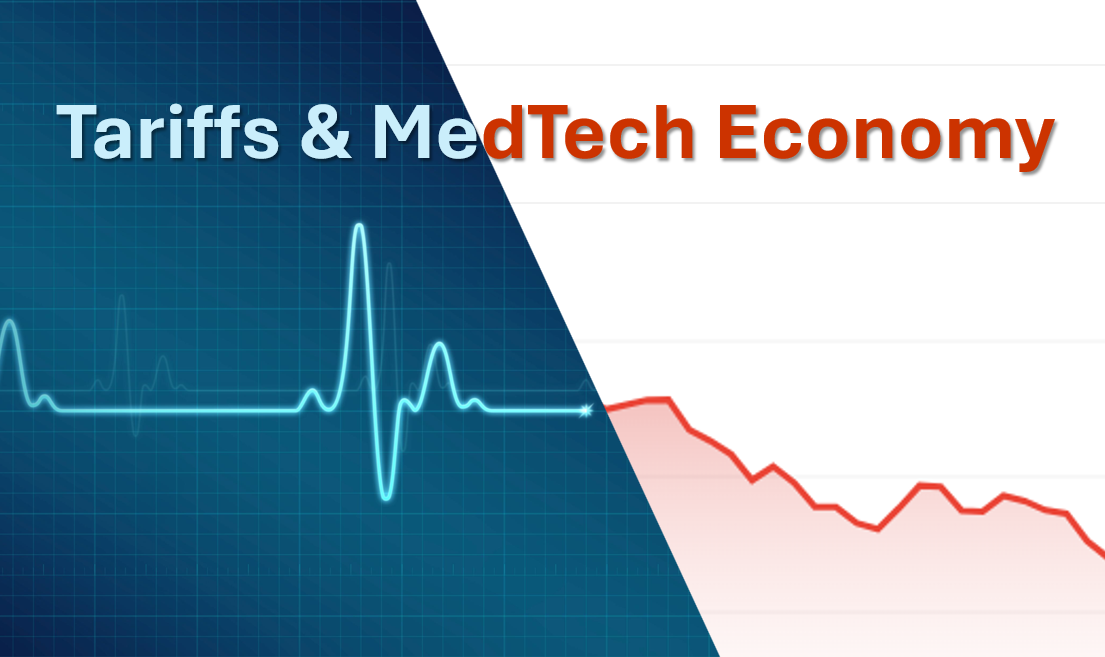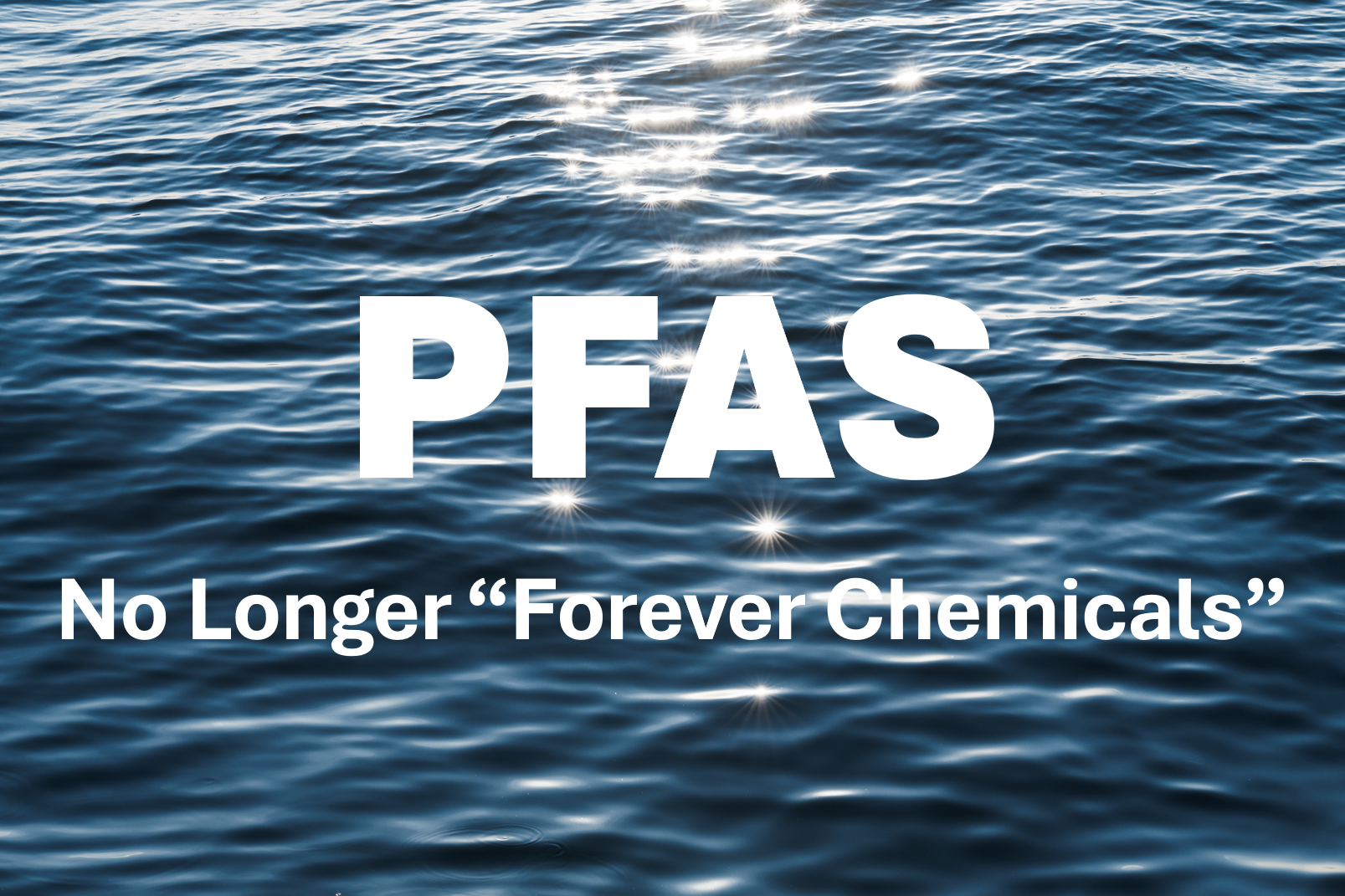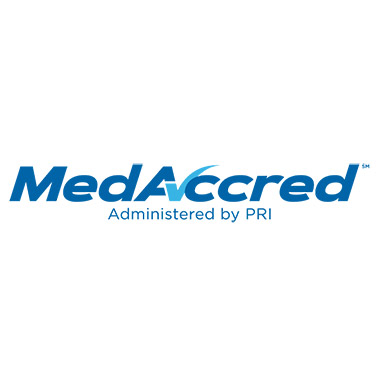
Black Book’s ad hoc survey of 200 healthcare executives reveals real-time disruptions, cost inflation, and stalled innovation as Trump-era tariffs expand across key healthcare imports.

Black Book’s ad hoc survey of 200 healthcare executives reveals real-time disruptions, cost inflation, and stalled innovation as Trump-era tariffs expand across key healthcare imports.

Industry groups hoping to lessen impacts of Donald Trump’s “Liberation Day” plans on medical products and MedTech development sent letter to the U.S. Trade Representative.
The FDA’s Center for Devices and Radiological Health issued a statement on medical device supply chain vulnerabilities, the public health impact they have on patient care, the FDA’s actions to prevent and mitigate potential shortages, and solutions to strengthen the domestic supply chain and address these vulnerabilities.

“Tariffs may have negative consequences for a continually growing market due to an aging population and the increasing prevalence of long-term illnesses. Companies will be forced to increase prices to make up for losses incurred by the proposed tariffs which may cause supply chain disruptions.”

Because of the environmental and health risks that PFAS ─ per- and polyfluoroalkyl substances ─ pose, they are subject to a potential ban across the European Union. Such a ban would introduce a need for medical device manufacturers to identify and discontinue the sale of products containing PFAS, while also developing safe and effective alternatives. How will suppliers across the EU approach the impending shift away from these “forever chemicals”?

Medtech stakeholders can now search for MedAccred accredited suppliers. Accredited companies included in the QML have achieved MedAccred Accreditation after meeting stringent critical process audit requirements set by MedAccred OEM Subscribers, which include Baxter, BD, Boston Scientific, Edwards Lifesciences, Johnson & Johnson, Medtronic, Philips, Roche Diagnostics, and Stryker.

Leading hospital systems are advocating for “immediate transition” to digital communication to manage supply chain disruptions and enhance patient safety.

Medical device regulations change frequently, so companies must be prepared to adapt. Following are strategies organizations can embrace to become more agile, allowing them to thrive amidst these increasingly rapid changes in innovation and regulation.

The use of Radio-Frequency Identification (RFID) technology in healthcare, particularly within closed-loop systems, presents complexities, including potential limitations on interoperability that can affect patient safety. Here we look at key challenges including data silos, interoperability barriers, market fragmentation, impediments to innovation and operational inefficiencies.

Class 1 recalls are at a 15-year high. To reduce the number of recalls and nonconformances, medtech manufacturers need quality management and traceability processes that go beyond documenting and tracking changes to effectively connect people, processes and data.